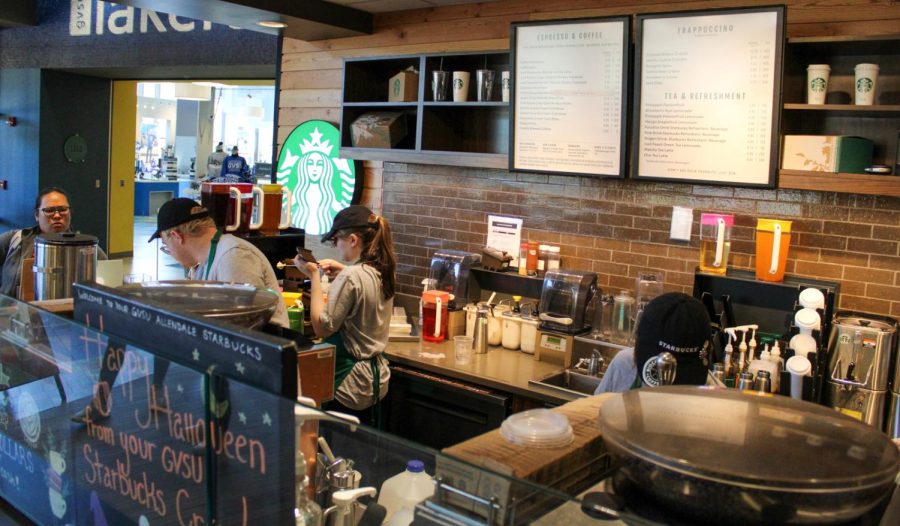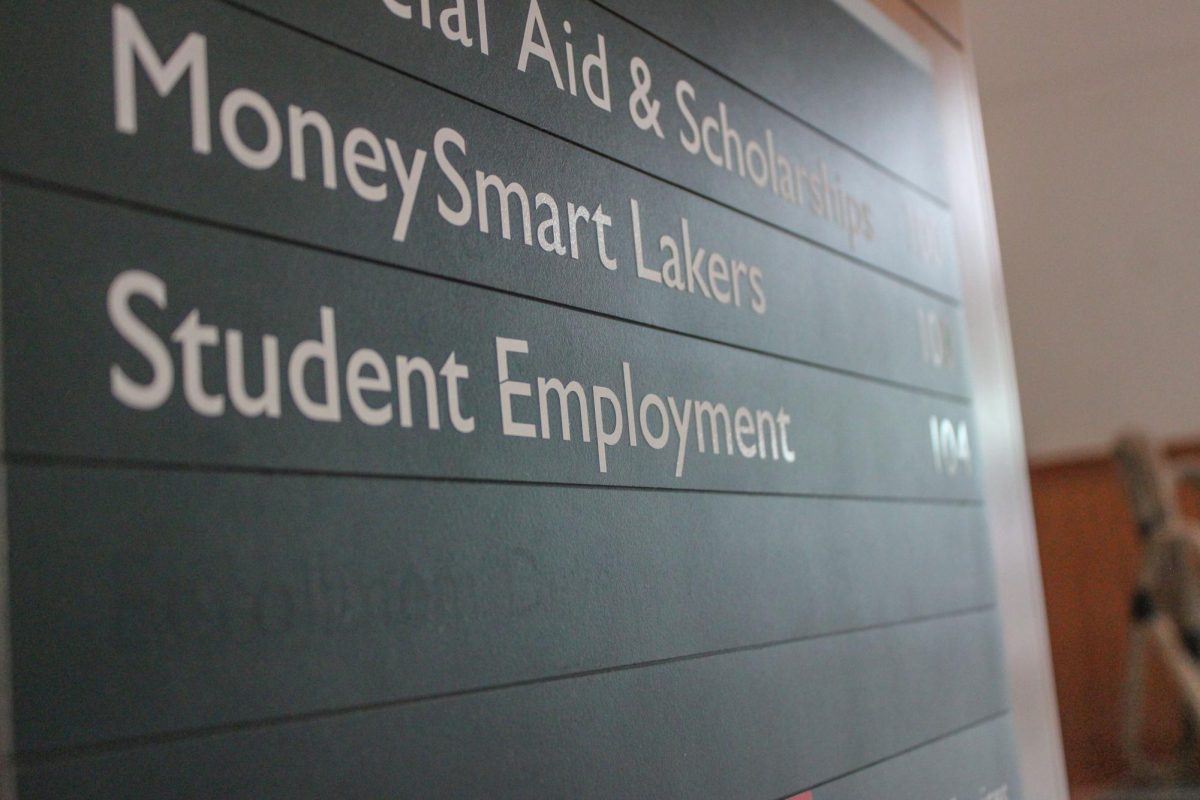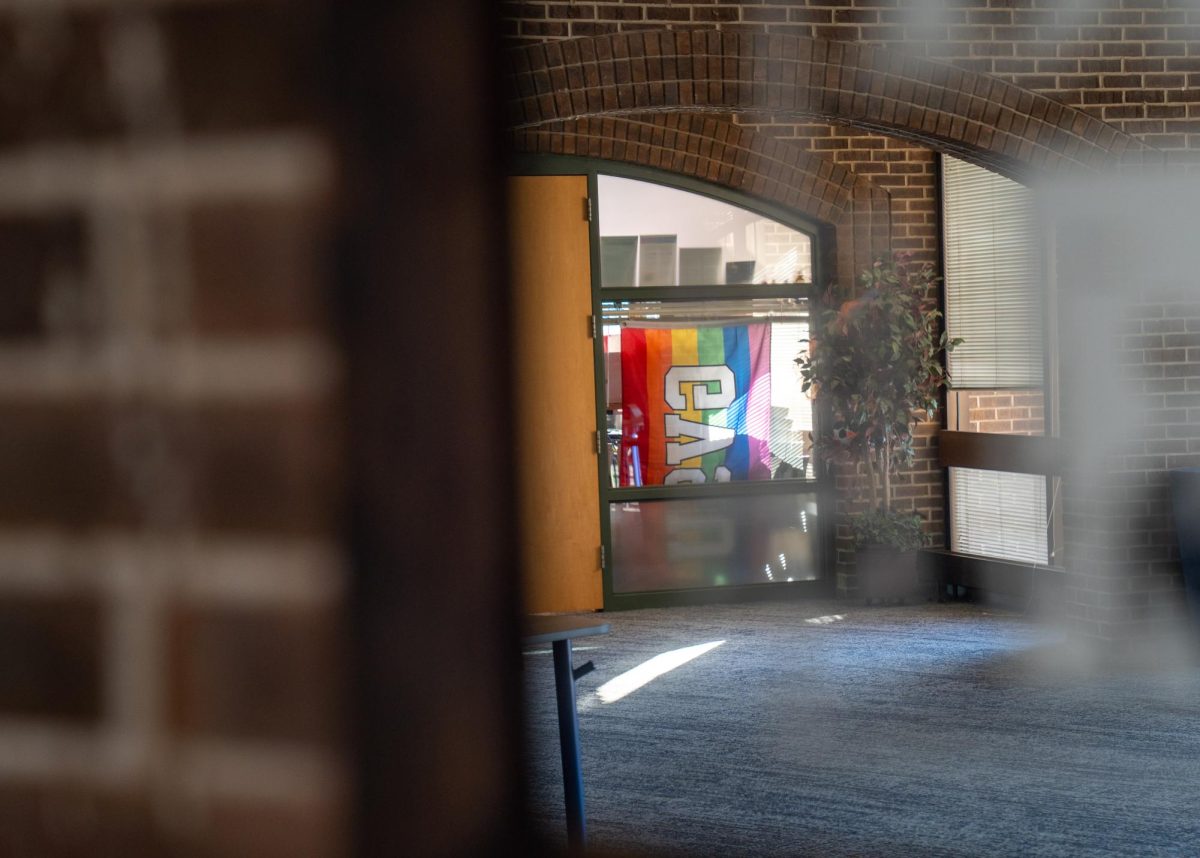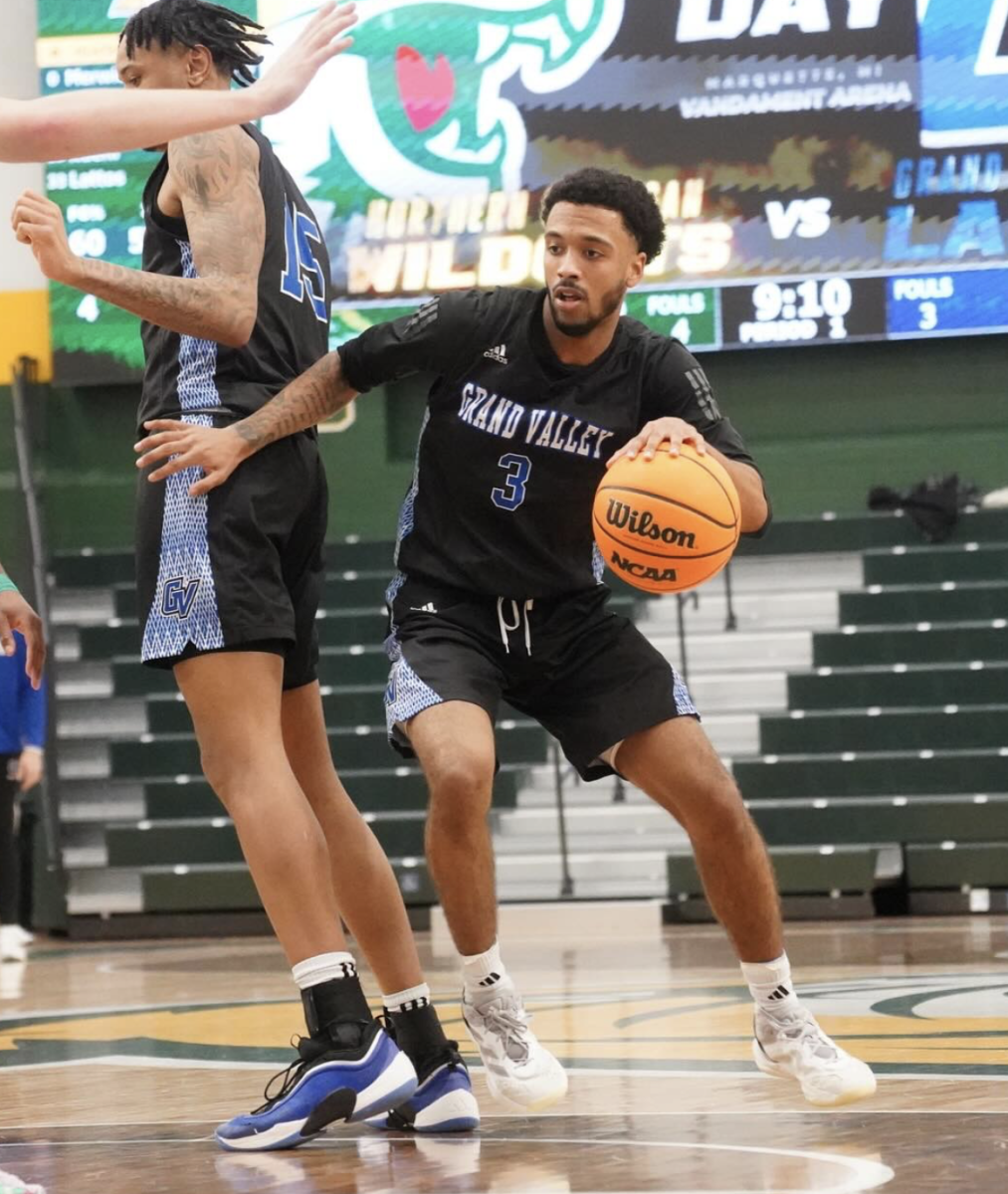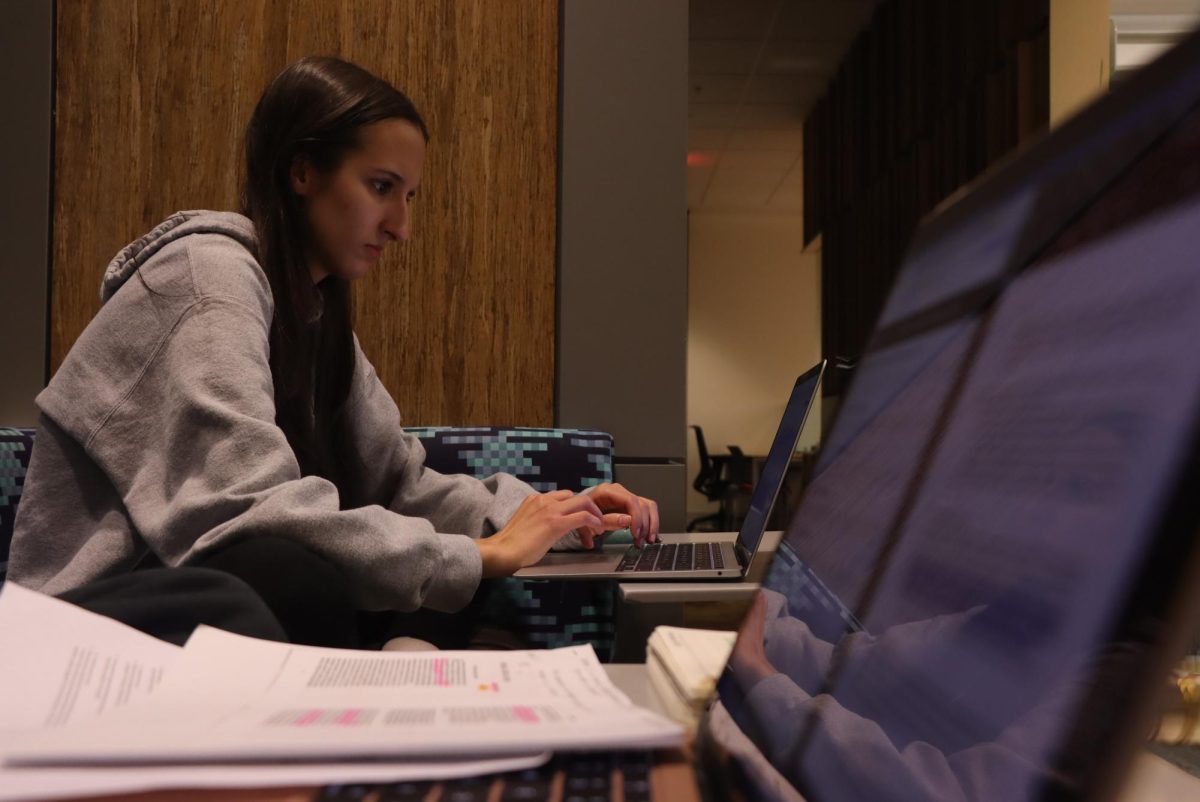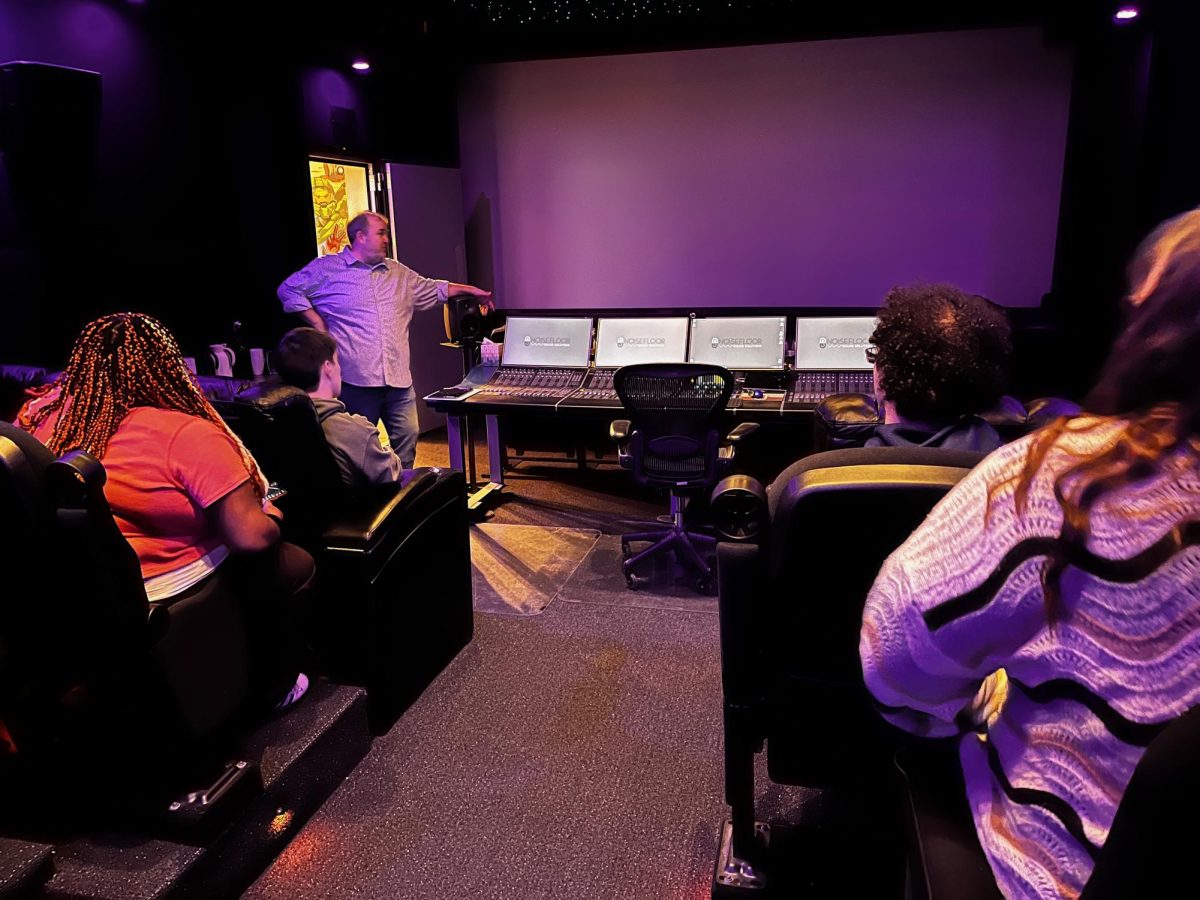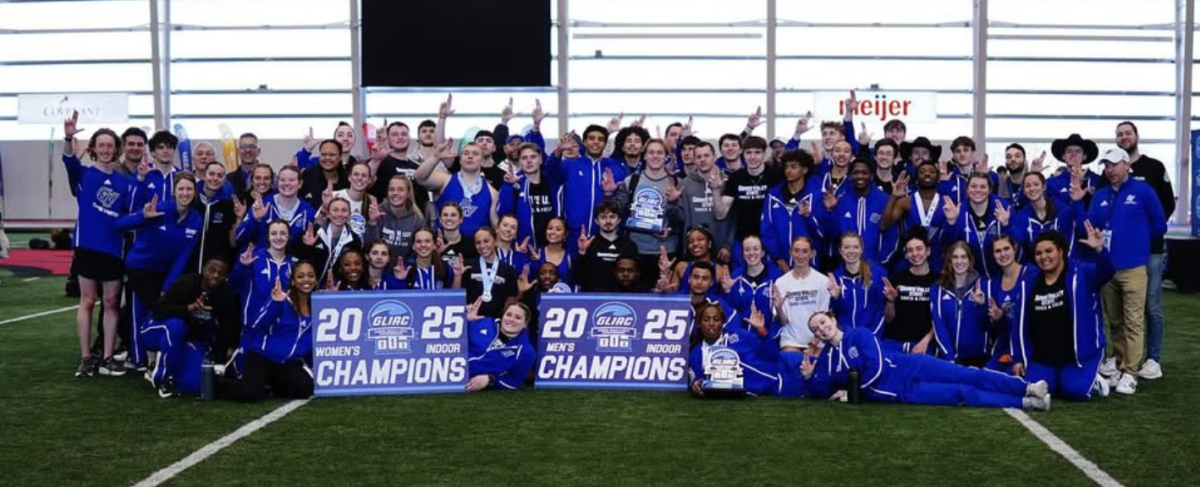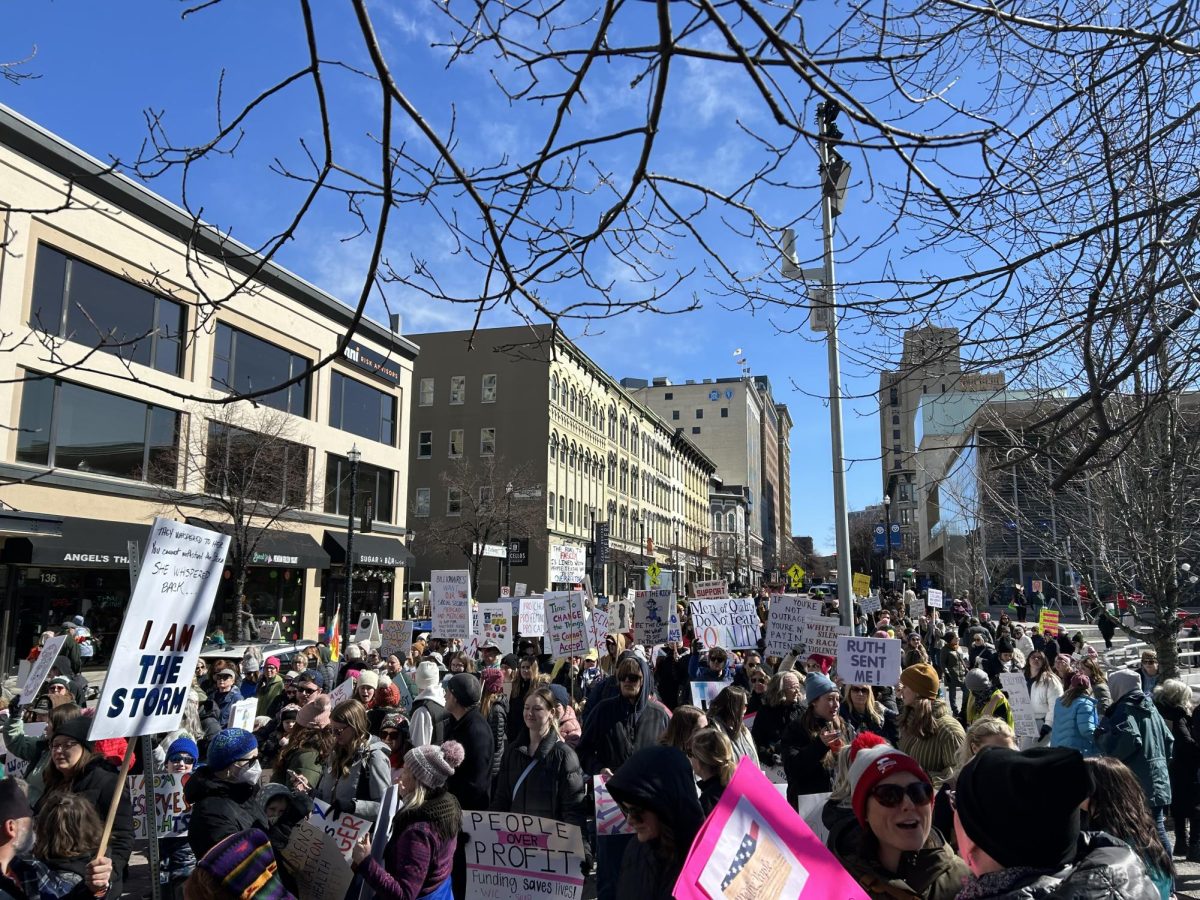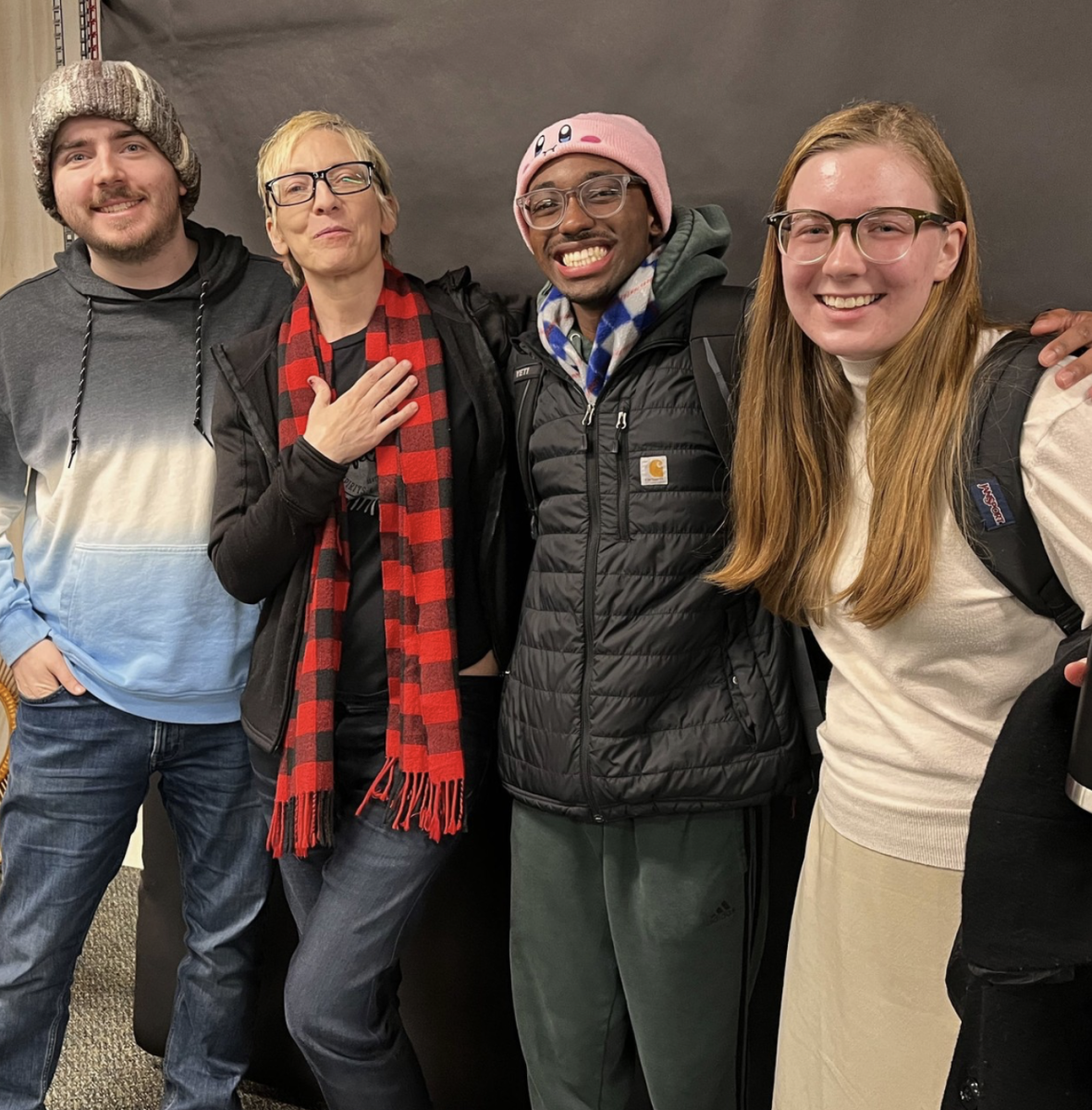GV YDSA starts student wage increase petition
Oct 31, 2022
Inspired by legislation introduced by Grand Valley State University’s Student Senate as well as conversations among friends and peers, GVSU’s Young Democratic Socialists for America (YDSA) chapter launched a petition to raise wages for student employees.
The petition calls on the GVSU Board of Trustees to “increase student wages per department, remove the current wage rate classification system” and conduct a labor market analysis to “determine the floor of student wages.”
In addition to collecting signatures, the petition calls on students to email the GVSU Board of Trustees with their demands.
Launched less than two weeks ago, the petition now has over 300 signatures. YDSA President Foster Thorburn said that in addition to flyers and signs around campus and posting on social media, the club collected signatures at the clocktower over the course of three days.
Thorburn said he is encouraged by the number of signatures and support for the petition he has seen on campus thus far. He surmised that many GVSU students, regardless of their feelings towards YDSA or the university, care about student wages.
“If we just have a sign that says, ‘raise student wages petition,’ people will stop and sign that,” Thorburn said.
Assistant Director of Student Employment Katelyn Johnson said GVSU employs over 3,000 students over the course of the academic year. Being former GVSU student employee and now working for the university full time, Johnson said she recognizes how important student employees are.
“I can guarantee there’s no way the university could run without our student employees,” Johnson said. “They’re the best people to help other fellow students on campus because they know exactly where the buildings are, they know what that student is experiencing and they know what’s going on in their student life and they can really relate to them.”
Currently, GVSU student employee salaries are based on a classification scale. The scale ranks pay by the difficulty and supervision required for different roles, and students may earn anywhere from $9.87 per hour to $17.47, with a $0.23 raise for all positions scheduled for the winter 2023 semester.
“(State) minimum wage is the lowest we pay students on campus, but we always encourage supervisors to pay higher if they’re able,” Johnson said. “What it comes down to is each department is given a specific amount of funding and then from that funding, there’s a percentage that they can put towards student wages.”
The petition echoes legislation introduced earlier this fall by Student Senate Vice President for Diversity Affairs Larbi Al Moutaa. Both the legislation and petition take aim at the current wage classification scale. Al Moutaa said he wants there to be a defined wage for student employee roles that is comparable to similar off-campus positions in the area.
“If we get a more comprehensive chart with every single position that fits a labor market analysis, and we get the flexibility to the employees to pay whatever they can based on their budget, we’re making it equitable and flexible,” Al Moutaa said.
While Al Moutaa said he is confident that the bill will pass in the student and faculty senate, the university administration will ultimately decide its fate, according to Associate Vice President for Business and Finance Craig Wieschhorster.
“Is the board the ultimate place that approves it? Yes,” Wieschhorster said. “But the board is going to kick that back to the administration, and then to student employment and to the budget office to look at it and say if this is feasible.”
Wieschhorster said that the GVSU administration will take a serious look at any proposed legislation about increasing student wages, however, he said it would be a part of a “balancing act” with other areas of the university that require funding.
According to Wieschhorster, a pay increase for students working in campus dining, for example, would require an increase in the cost of meals.
“You can’t just raise student employee costs, without a corresponding increase in revenue, so you’d have to probably raise food costs,” Wieschhorster said. “So, again, it’s that balancing act.”
Johnson said that while she and Student Employment support raising student wages, the decision to do so is ultimately coming from a higher level within the university administration.
“Student employment is supported in support of our student employees, and we really want them to feel like they’re being supported,” Johnson said. “While I’m more than happy to advocate for them, I’m more than happy to push for higher student wages in meetings I’m in, it’s not something that student employment itself is able to do. It’s something that Grand Valley has control of at a higher level.”
In the meantime, Johnson encourages students to use the current classification scale to advocate for pay raises.
“Take a look at the classification chart, take a look at what responsibilities you have, how much supervision you’ve been given,” Johnson said. “If you think the work that you’re doing and the hours that you’re putting in and the amount of independent work that you’ve been doing requires higher pay, absolutely ask for it.”
Ultimately, students like Thorburn will continue to advocate for higher wages for student employees across the board as a solution to issues like food insecurity that college students face.
“First and foremost, people are going to live better lives if they have better wages,” Thorburn said. “The only way (the increase) is going to go through is if we can successfully build a number of students who care about the issue and then take action based off of it.”





